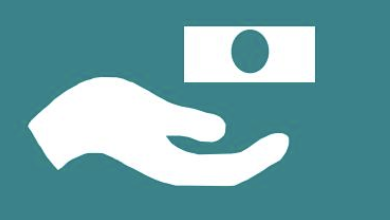Bringing Universal Basic Income to California

March 28, 2020
On February 20, CA Assemblymember Evan Low (D-Campbell) introduced Assembly Bill 2712 which establishes the California Universal Basic Income (CalUBI) Program as a continuation of former presidential candidate Andrew Yang’s signature Freedom Dividend proposal.
Funded by a 10% Value Added Tax (VAT) on goods & services — which exempt groceries, medicine, clothing, textbooks, etc. —- the bill would give unconditional cash payments of $1000 issued monthly to residents of California over the age of 18 “with the intention of ensuring the economic security of recipients.”
Said Low in an interview with ABC7, “This is an issue that transcends any type of candidacy of an individual, but rather this is about a movement, a grassroots movement to make sure we rewrite the rules of the economy to make sure it works for everyone.”
Since its announcement, Low’s bill has garnered considerable support online. The “Yang Gang” and Yang himself tweeted support for AB 2712, alongside the hashtag #EndorseUBI trending on Twitter. With Yang’s longshot campaign having popularized UBI to an unprecedented degree, the platform is now slowly advancing into the mainstream of political thought.
Especially amidst an increasing panic surrounding the COVID-19 virus, politicians on both sides of the aisle have been calling for UBI stimulus packages to be doled out as both a baseline of support for Americans and a preventative measure to mitigate lasting economic damage.
In fact, California has already been experimenting with UBI on a smaller scale in the city of Stockton. Mayor Michael Tubbs’ UBI pilot program selects 125 low-income residents to be given an unconditional $500 per month, with payments having no effect on other forms of public assistance.
According to data from the Stockton Economic Empowerment Demonstration (SEED), recipients, by and large, spend the money on basic necessities like food, clothes, and utility bills—disputing popular concerns regarding the potential “misuse” of UBI payments.
However, Low’s bill has a caveat: recipients of existing public assistance programs such as Medi-Cal, CalFresh and CalWORKS, would be ineligible to receive payments from Cal-UBI. In other words, the bill would exclude low-income families and individuals that already receive cash assistance and other benefits allocated to the state by the federal government.
Critics argue that paying for UBI with a 10% VAT would disproportionately hurt the poor and force them to choose between public assistance and the UBI.
Finally, the bill’s ambiguity regarding residency requirements and its potential to increase California rent prices have received significant opposition.
Still, Low is adamant about continuing the conversation on how job loss from automation will have profound impacts on the economy and necessitate some form of compensation.
Said Low, “The innovations and technologies created in California today are already disrupting our workforce. It’s time that we consider the merits of expanding economic security through a universal basic income.”




Carmen • Mar 29, 2020 at 2:53 pm
Of course. Leave out the people who need it the most!! Wtf is wrong with politicians!